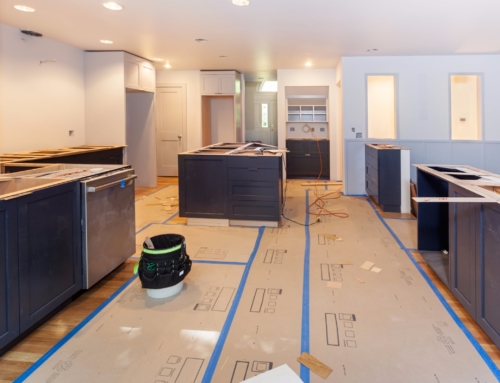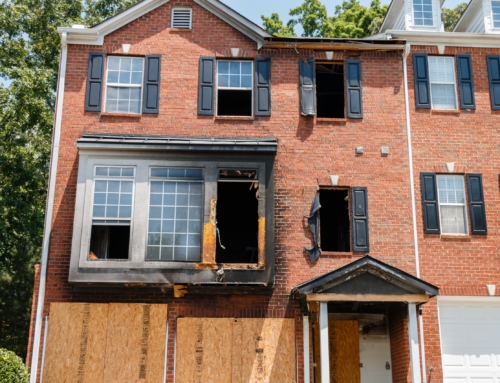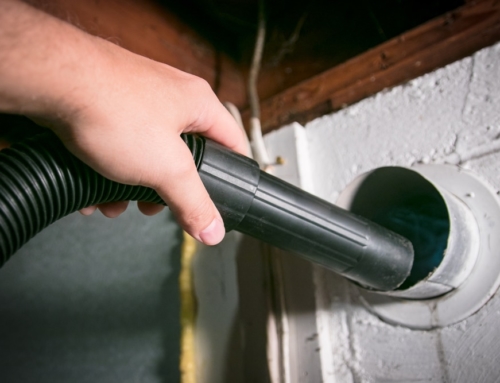Daffodils, crocuses and tulips are starting to poke through the ground. If you live in the northern half of the country, it’s a sure sign spring is coming.
But there’s another sign of spring that has nothing to do with where you live: Home improvement scams.
According to the Better Business Bureau (BBBonline.org) and the National Consumer Law Center (ConsumerLaw.org), home improvement scams are a big problems for consumers. Elderly homeowners in moderate and lower-income neighborhoods are the prime targets.
According to the Consumer Federation of America (ConsumerFed.org) and the National Association of Consumer Agency Administrators (Nacaanet.org), home improvement scam complaints rose 23 percent in 2002 to a total of 300,000. Approximately $130 million was recovered for consumers, and 70 percent of their complaints were resolved to their satisfaction.
But that leaves a whole lot of complaints — and cash — unaccounted for.
“A lot of scammers are fly-by-night types who knock on doors unsolicited” and tell you that you need work done on your house, said Gwen Biasi, a spokesperson with NARI.
Biasi said home improvement scam artists invent problems in a home and then use high-pressure sales tactics to get unsuspecting homeowners to sign inflated loans at outrageous interest rates.
“They say, ‘We have the materials now, in our truck,’ or ‘Today is the only day you can get this deal and tomorrow it will be gone,'” Biasi added.
“People are really seeing price, not quality, when they get into these situation,” said Mark Brick, NARI president. “They think they are saving so much money by working with one of these guys and his deals.”
The truth is, Biasi says, when someone you’ve never seen before knocks on your door out of nowhere and tells you your roof is leaking and is about to fall in on you, a big red flag should go up.
“Someone may tell you that your roof has a major problem, but how do they know just by looking at it from the street?” she added.
Itâ’s up to you to protect yourself from home improvement scams. Here are a few warning signs from the State of Illinois Office of Banks and Real Estate (obre.state.il.us).
First, beware of anyone who knocks on your door. You’re a lot safer if you decide you need something done and you find the licensed contractor.
Avoid home improvement contractors who tell you they can arrange financing for whatever needs to be done. You’ll get a much better deal by going elsewhere for financing.
Resist contractors who pressure you to sign at that moment. Your house won’t fall down overnight, and if the deal is really good it will be there tomorrow or next week.
The contract you sign should be written, should explain the scope of the work that needs to be done, detail the costs, and establish a time frame to start or complete the work. Never sign papers with blank spaces or without any dates on them. Make sure you get a copy of the contract you sign before the contractor leaves.
Most importantly, if you don’t understand what the contract says, don’t sign it.
According to Brick, other warning signs include contractors who use post office boxes instead of a street address and phone number, who say they have just finished work on a neighbor’s house and have leftover materials they can use on yours, and who promise to complete the work more quickly and cheaply than anyone else.
The worst are contractors who demand full payment upfront.
“Contractors deserve to get a certain amount up front. It may be 10 percent or a little more if there are specialty items,” explained Brick. “Never pay money upfront on the first day,” never pay 100 percent of the cost before work has begun, don’t pay the final 10 percent until you are completely satisfied with the job.
“If you need work done, get 3 opinions and prices. When you get a price that is so far above or below the others, you know there is a problem,” Brick cautioned.
Some states, like Illinois, have enacted legislation that requires contractors to furnish written contracts, provide a state-published pamphlet on consumer rights regarding home repairs, and be licensed, bonded and insured. Check with your state agency that regulates home improvement professionals to find out what a legitimate contractor must do before you sign any documents.
Of course, before you hire anyone to do work in your house, check them out. Your state attorney general’s office can tell you if any complaints have been filed against the contractor. Your state licensing board can tell you if the contractor is licensed, and insured. The Better Business Bureau can check its record for complaints.
The last thing you want this spring is a home improvement nightmare.






Leave A Comment